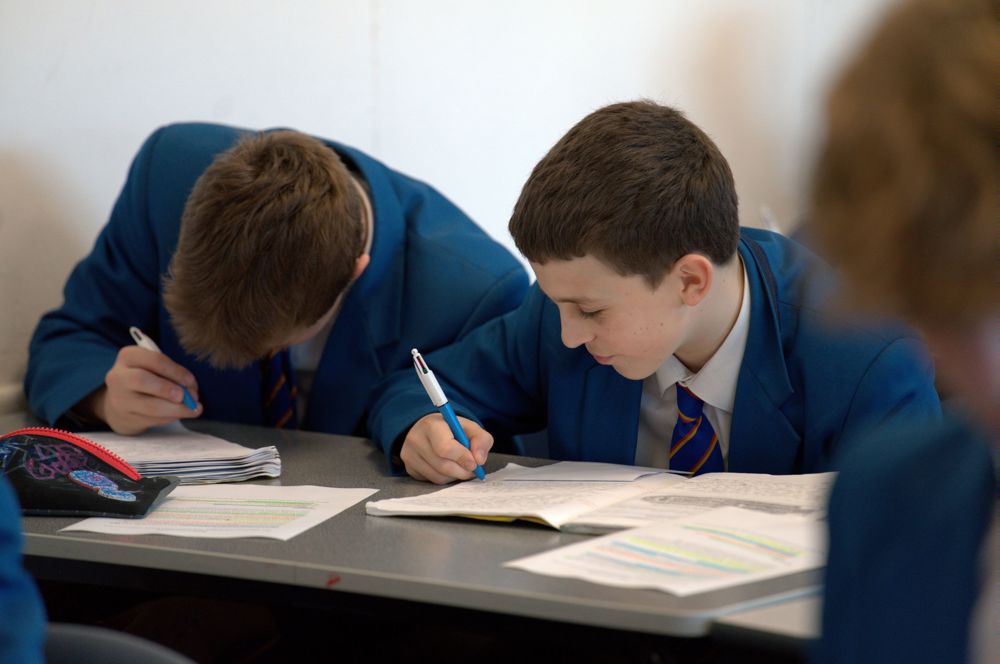
Politics
The study of Politics forms an exciting intellectual challenge, with learners developing skills in debate, discussion and argument. Pupils are encourage to ask questions and to challenge established orthodoxies in an environment where critical thinking is encouraged and nurtured.
Students can choose Politics as a GCSE option (from September 2023), and study the subject in the Sixth Form. A lively and ever-changing subject, Politics students are expected to engage and discuss with topics studied, to gain an insight into our political system and our role within it. At GCSE and A Level, pupils get the chance to debate and challenge ideas as well as form and refine their own political beliefs and values.
Curriculum Map
Key Stage 4
Pupils follow the OCR course and are taught for five periods a fortnight. Homework is set every week, and may be consolidating lesson work, or completing a task ahead of the next lesson such as revision, activities, reading or watching clips and political programmes. Some homework will be based around exam technique such as completing practice questions or doing past papers. All students are expected to keep up with current affairs in the world of politics.
Assessment is 100% examination split across three papers. Paper 1: 50 minutes short answer/multiple choice. Paper 2: 1 hour 45 mixed question types including an evaluation of political action project. Paper 3: 1 hour. In addition, students work in groups in order to plan and execute a small political action project. This can be school or community based, or could focus on a national issue. Although the project itself is not examined, students are asked to evaluate their project as part of their Paper 2 assessment. This takes place at the end of Year 10, with the project being completed at the start of Year 11.
Year 10
Section 1: Rights and the Law of the UK Where do we get our human rights? How are they protected? How does the legal system work? Do we have too many or too few rights?
Section 2: Democracy and Government Where does power lie in the UK? What are our major political parties? Is our voting system fair? What is the role of the House of Commons and House of Lords? Does our media have too much power? How much should the government control the economy?
Year 11
Section 3: UK and the Wider World How does identity and diversity affect our politics? How far should we be involved in international organisations? Is the UN effective? Which country has the best political system?
Useful Links
Key Stage 5
Students follow the Edexcel course and are taught for nine periods a fortnight in Year 12 and 10 in Year 13. Weekly homework is set, and students prepare for all lessons in advance using video and multimedia resources from the Prechewed Politics website. Three, two-hour papers are sat in Year 13.
Entry requirement
Grade 6 GCSE English Language.
Year 12
Component 1: UK Politics and Core Political Ideas. This section focuses on democracy, participation and the political parties. It allows students to understand the individual in the political process and their relationship with the state and their fellow citizens. Students will examine how electoral systems in the UK operate, how individuals and groups are influenced in their voting behaviour and political actions, the role of the media in contemporary politics, and the three traditional political ideas of conservatism, liberalism and socialism.
Component 2: UK Government and Political Ideas The component introduces students to the set of rules governing politics in the UK, the UK Constitution, which is different in nature from most of the rest of the world. It further introduces students to the specific roles and powers of the major branches of the Government, the legislative, executive, and judiciary. It explores the relationships and balance of power between them and considers where sovereignty now lies within this system.
Year 13
Component 2 continued.
Component 3: Government and Politics of the USA This component explores six major content areas: The Constitution and Federalism, the roles of Congress, the Presidency and the Supreme Court. Students also study democracy and participation, and civil rights in the USA.
Useful Links
Enrichment
A rich extracurricular programme is on offer for students in interested in Politics and debating, with both a Junior and Senior Debate Society and opportunities to take part in European Youth Parliament competitions. Past trips have included New York and Washington DC, along with visits to the Houses of Parliament and meetings with high-profile guest speakers.
Head of Politics
Beth Baker blb@strs.org.uk